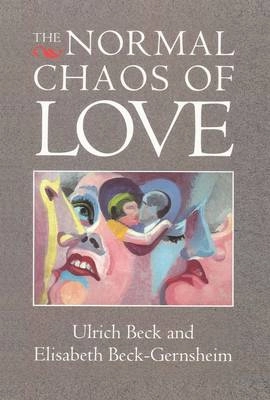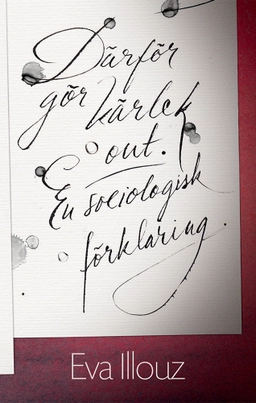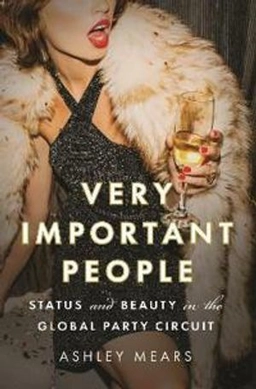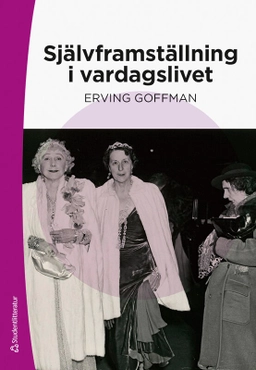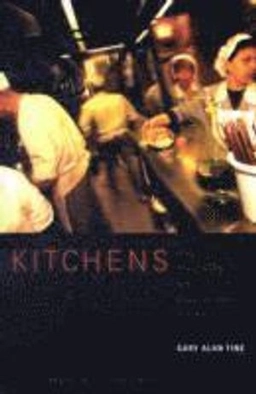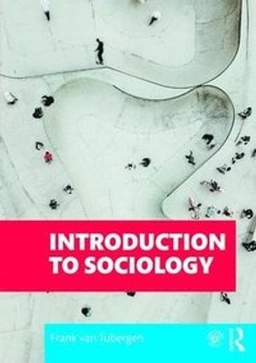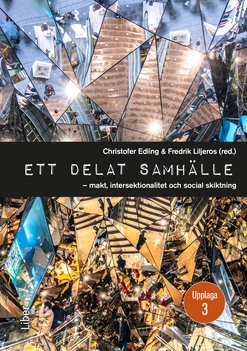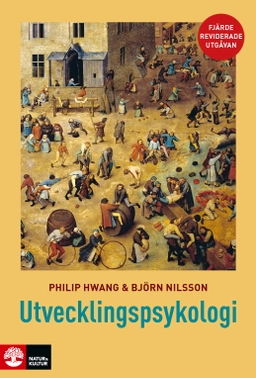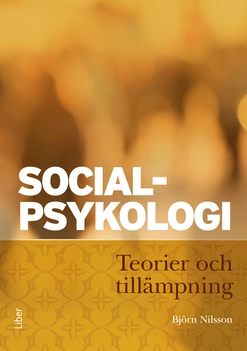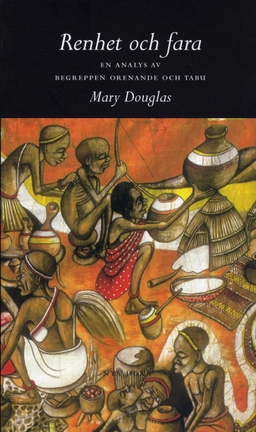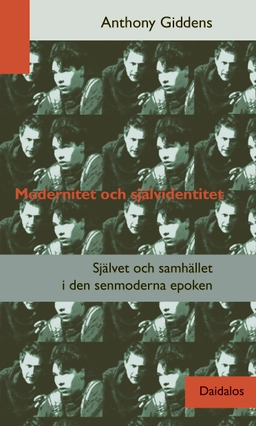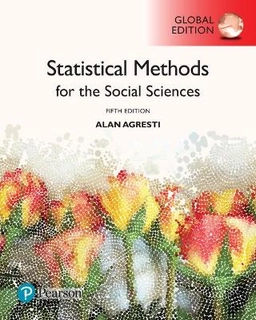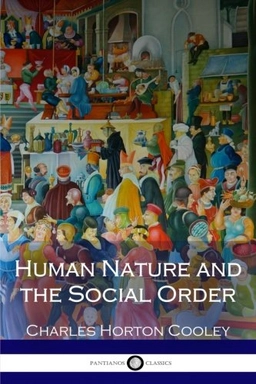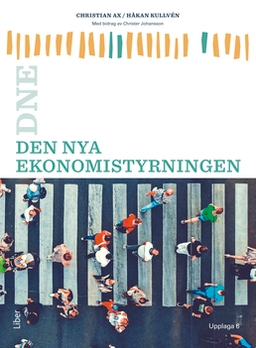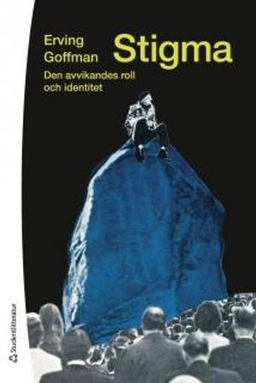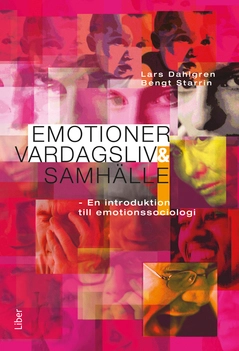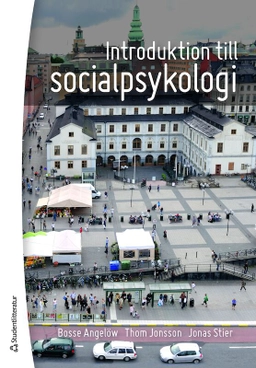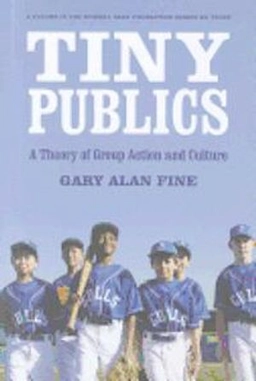Men and women are increasingly becoming the authors of their own styles of life. The nature of love is changing fundamentally in conjunction with transformations in sexual life and family forms. Love, as Beck and Beck–Gernsheim argue, has become an empty category, which lovers themselves must fill in relation to their own biographies and emotional lives. The consequences of this situation are manifold. On the one hand, there stands the possibility of creating forms of democracy in personal life which parallel those achieved in the public sphere; on the other, there is the potentiality for chaos.
Love, say the authors, becomes more important than ever before at the same time as it becomes more elusive. The struggle to harmonize family and career, love and marriage, "new" motherhood and fatherhood has today replaced "class" struggle. For better or for worse, individuals today who want to live together are becoming the legislators of their own ways of life, the judges of their own transgressions, the priests who absolve their owns sins and the therapists who loosen the bonds of their own past.
This superbly original book extends and deepens some of the themes introduced in Ulrich Beck's celebrated work Risk Society. Social life is becoming much more open than ever before; at the same time, the mixture of opportunity and risk thus created introduces new anxieties into the various spheres of social life.
Åtkomstkoder och digitalt tilläggsmaterial garanteras inte med begagnade böcker
